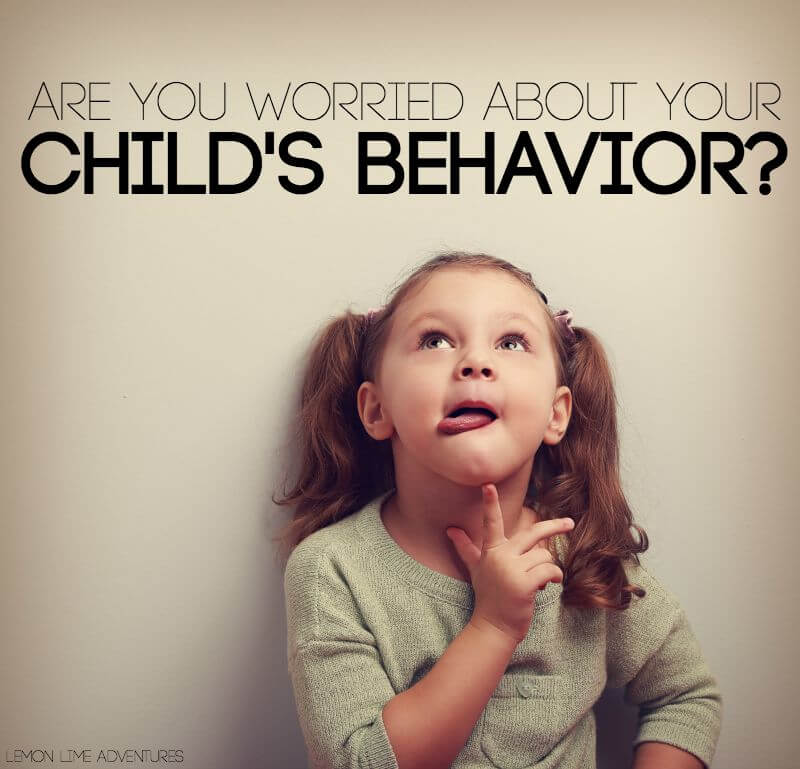DID YOU KNOW? WHAT IS MENTAL HEALTH?
LIKE OUR BODY, OUR MIND CAN ALSO BECOME UNWELL. Mental health involves effective functioning in daily activities resulting in Productive activities (work, school, care giving), Healthy relationships, Ability to adapt to change and cope with adversity.

WHAT IS MENTAL ILLNESS?
Mental illnesses are health conditions involving changes in thinking, emotion or behavior (or a combination of these). Mental illnesses are associated with distress or problems functioning in social, work or family activities.
Mental illness is nothing to be ashamed of. It is a medical problem, just like heart disease or diabetes can be treated by a psychiatrist.

A Psychiatrist is a medical doctor (an M.D ) who specializes in mental health, including substance use disorders. Psychiatrists are qualified to assess both the mental and physical aspects of psychological problems.
WARNING SIGNS OF MENTAL ILLNESS?
Fifty percent of cases of mental illness begin by age 14, and three-quarters begin by age 24.
Major mental illnesses such as schizophrenia or bipolar disorder rarely appear “out of the blue.” Most often family, friends, teachers or individuals themselves begin to recognize small changes or a feeling that “something is not quite right” about their thinking, feelings or behavior before one of these illnesses appears in its full-blown form.
Learning about developing symptoms, or early warning signs, and taking action can help. Early intervention can help reduce the severity of an illness. It may even be possible to delay or prevent a major mental illness altogether.
Signs & Symptoms
If several of the following are occurring, it may useful to follow up with your psychiatrist
- Withdrawal — Recent social withdrawal and loss of interest in others
- Drop in functioning — An unusual drop in functioning, at school, work or social activities, such as quitting sports, failing in school or difficulty performing familiar tasks
- Problems thinking — Problems with concentration, memory or logical thought and speech that are hard to explain
- Increased sensitivity — Heightened sensitivity to sights, sounds, smells or touch; avoidance of over-stimulating situations
- Apathy — Loss of initiative or desire to participate in any activity
- Feeling disconnected — A vague feeling of being disconnected from oneself or one’s surroundings; a sense of unreality
- Illogical thinking — Unusual or exaggerated beliefs about personal powers to understand meanings or influence events; illogical or “magical” thinking typical of childhood in an adult
- Nervousness — Fear or suspiciousness of others or a strong nervous feeling
- Unusual behavior – Odd, uncharacteristic, peculiar behavior
- Sleep or appetite changes — Dramatic sleep and appetite changes or decline in personal care
- Mood changes — Rapid or dramatic shifts in feelings
PSYCHIATRY SERVICES AT A2Z
STRESS MANAGEMENT

Every one of us perceive stress in a different way and deal with it in our own unique way. Stress is not just a state of mind, but involves changes at a cellular level leading to various physical and mental illnesses. Chronic stress can also cause various physical health problems.
If you are unable to manage the stress yourself, you should seek expert help from a psychiatrist as there are various means to treat the stress and the pathological states that results from the stress.
TROUBLE SLEEPING

A sound night’s sleep becomes a pre-requisite for a healthy mind and body.
Insufficient sleep puts one at risk of metabolic abnormalities, elevated blood sugar and cardiovascular problems. It is of prime importance to sort out sleep difficulties as early as possible.Seek help if you have trouble sleeping.
DEPRESSION
Depression is a common and serious medical illness that negatively affects how you feel, the way you think and how you act.
Depression symptoms can vary from mild to severe and can include:
- Feeling sad or having a depressed mood
- Loss of interest or pleasure in activities once enjoyed
- Changes in appetite — weight loss or gain unrelated to dieting
- Difficulty thinking, concentrating or making decisions
- Thoughts of death or suicide
Depression is among the most treatable of mental disorders. Between 80 percent and 90 percent of people with depression eventually respond well to treatment.
The safest thing to do, if one is experiencing such symptoms is to seek a psychiatrist for professional help.
ADDICTION AND SUBSTANCE USE DISORDERS

People with addiction (severe substance use disorder) have an intense focus on using a certain substance, such as alcohol or drugs, to the point that it takes over their life. They keep using alcohol or a drug even when they know it will causes problems.
Yet a number of effective treatments are available and people can recover from addiction and lead normal, productive lives.
ANXIETY

Anxiety disorders differ from normal feelings of nervousness or anxiousness, and involve excessive fear or anxiety. Job performance, school work and personal relationships can be affected.
There are several types of anxiety disorders, including generalized anxiety disorder, panic disorder, specific phobias, agoraphobia, social anxiety disorder and separation anxiety disorder.
If an anxiety disorder is diagnosed, a psychiatrist can work with you on the best treatment. Anxiety disorders are treatable and a number of effective treatments are available. Treatment helps most people lead normal productive lives.
OBSESSIVE COMPULSIVE DISORDER
Obsessive-compulsive disorder (OCD) is an anxiety disorder in which people have recurring, unwanted thoughts, ideas or sensations (obsessions) that make them feel driven to do something repetitively (compulsions). The repetitive behavior’s , such as hand washing, checking on things or cleaning, can significantly interfere with a person’s daily activities and social interactions.
OCD’s are treatable and a number of effective treatments are available. Treatment helps most people lead normal productive lives.
POSTPARTUM DEPRESSION
Depression during Pregnancy and after Childbirth
Postpartum depression is a serious, but treatable medical illness involving feelings of extreme sadness, indifference and/or anxiety, as well as changes in energy, sleep, and appetite. so postpartum depression it can become very distressing and difficult. It carries risks for the mother and child.

Few of post partum depression symptoms are:
- Sluggishness, fatigue
- Feeling sad, hopeless, helpless, or worthless
- Difficulty sleeping/sleeping too much
- Changes in appetite
- Difficulty concentrating/confusion
- Crying for “no reason”
- Lack of interest in the baby, not feeling bonded to the baby, or feeling very anxious about the baby
- Feelings of being a bad mother
- Fear of harming the baby or oneself
- A loss of interest or pleasure in life
Any pregnant woman or new mother who experiences the symptoms of peripartum depression should seek evaluation by a Psychiatrist
SCHIZOPHRENIA AND OTHER PSYCHOTIC DISORDERS

Schizophrenia can be characterized by episodes in which the patient is unable to distinguish between real and unreal experiences.
Symptoms fall into several categories:
- Positive psychotic symptoms: Hallucinations, such as hearing voices which others can’ t hear, paranoid delusions and exaggerated or distorted perceptions, beliefs and behaviors.
- Negative symptoms: A loss or a decrease in the ability to initiate plans, speak, express emotion or find pleasure.
- Disorganization symptoms: Confused and disordered thinking and speech, trouble with logical thinking and sometimes bizarre behavior or abnormal movements.
- Impaired cognition: Problems with attention, concentration, memory and declining educational performance.
Symptoms usually first appear in early adulthood. Men often experience symptoms in their early 20s and women often first show signs in their late 20s and early 30s. More subtle signs may be present earlier, including troubled relationships, poor school performance and reduced motivation.
Treatment can help many people with schizophrenia lead highly productive and rewarding lives. After the symptoms of schizophrenia are controlled, various types of therapy can continue to help people manage the illness and improve their lives.
CHILHOOD BEHAVIORAL PROBLEMS

A healthy childhood is pre-requisite for a healthy and productive life. Children are not immune from mental illnesses such as depression and anxiety. Further a number of disorders, like autism, intellectual disability, specific learning disorders (of reading, writing, calculation) and attention deficit and hyperactivity disorder present during childhood and if left unattended can lead to low self- esteem, and problems in later life.
It becomes essential for parents and teachers to learn to identify these disorders, considering earlier remediation confers a better prognosis.
It is very important that problems are identified and treatment initiated, for childhood to progress into productive adulthood. The earlier behavioral issues are identified and treated, more are the chances of leading a fruitful life.
